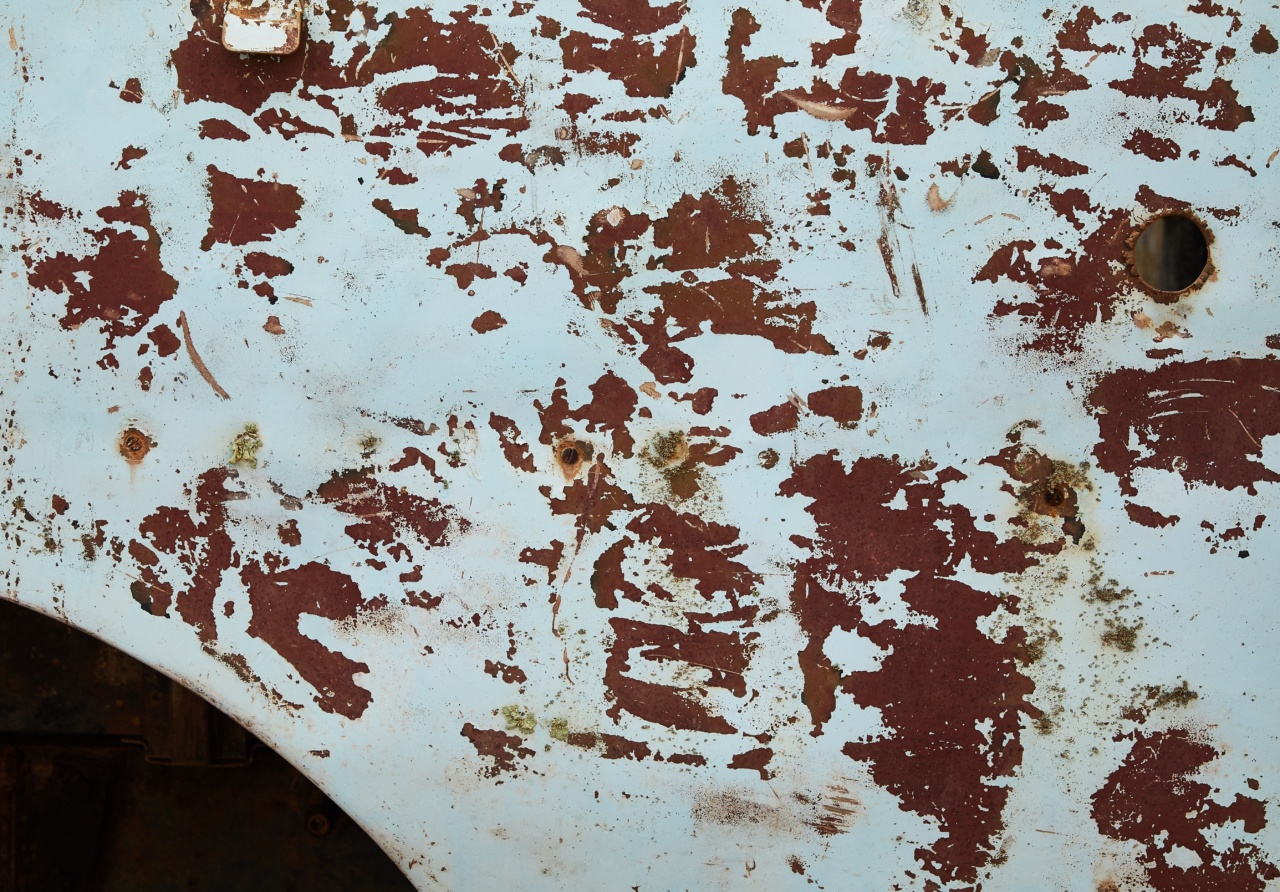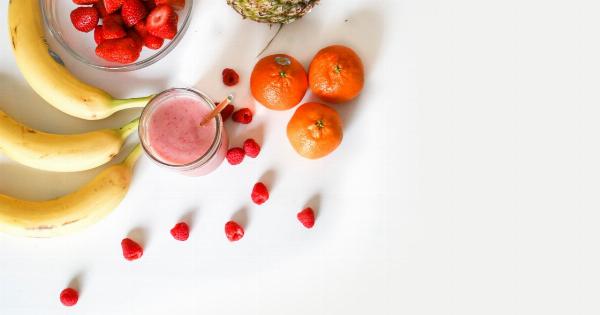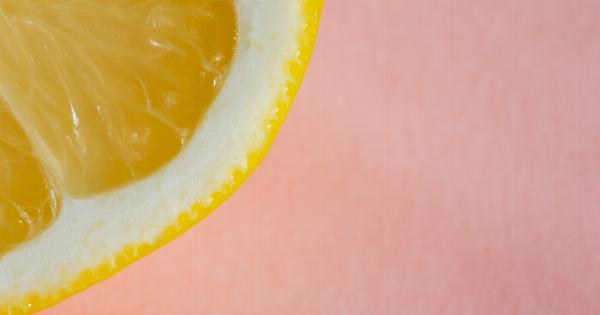Iron is an essential mineral required for the healthy functioning of our body. It is responsible for delivering oxygen to the cells and tissues and plays a crucial role in the formation of red blood cells.
Lack of iron in the body can lead to anemia, fatigue, weakness, and impaired cognitive function. Therefore, it is important to include iron-rich foods in our diet to maintain optimal health. Here are some tips on how to spot iron-rich foods:.
Look for red meat
Red meat is an excellent source of heme iron, which is easily absorbed by the body compared to non-heme iron found in plants. Beef, pork, lamb, and veal are great options to include in your diet for meeting your daily iron needs.
Lean cuts of meat are also a good choice as they are lower in fat but still provide adequate iron.
Include poultry and fish
Poultry and fish also contain heme iron, although in smaller quantities compared to red meat. Chicken, turkey, and duck are good options to incorporate in your meals.
Fish such as salmon, tuna, and mackerel are also rich in iron and provide other essential nutrients like omega-3 fatty acids.
Choose plant-based sources of iron
If you follow a vegetarian or vegan diet, you can still get your daily dose of iron from plant-based sources. While non-heme iron is not as readily absorbed by the body, the addition of vitamin C can increase its absorption rate.
Foods such as spinach, kale, lentils, beans, nuts, and seeds are excellent sources of non-heme iron. Eating these foods along with vitamin C-rich foods like citrus fruits, strawberries, and kiwi can help improve iron absorption.
Check for fortified foods
Many foods, including cereals and bread, are fortified with iron to aid in meeting the daily requirements. Check the label for the amount of iron contained in each serving.
However, it is important to keep in mind that fortified foods may not be absorbed as efficiently as naturally occurring sources of iron.
Avoid foods that reduce iron absorption
While it is important to include iron-rich foods in your diet, certain foods can inhibit iron absorption. Foods that contain phytates, like legumes, whole grains, and nuts, can reduce iron absorption.
Calcium-rich foods like dairy and calcium supplements can also inhibit iron absorption. It is best to eat these foods separately from iron-rich foods or pair them with vitamin C-rich foods to increase iron absorption.
Use supplements as needed
If you are unable to get enough iron from your diet alone, you may need to use supplements. It is important to consult with your doctor before taking any iron supplements as excessive iron intake can be harmful.
Supplements are especially important for pregnant women who require more iron to support the growth and development of the fetus.
Conclusion
Iron is an important mineral required for maintaining overall health and wellbeing.
By incorporating iron-rich foods into your diet and avoiding foods that inhibit iron absorption, you can ensure that your body is getting the necessary amount of iron it needs to function properly. Remember to choose from a variety of food sources to ensure adequate iron intake.






























